Greece is a land where history comes alive, offering travelers a chance to step back in time and explore the foundations of Western civilization. From towering temples to ancient theaters, Greece is a treasure trove for anyone eager to learn about mythology, philosophy, democracy, and early scientific discoveries. Educational adventures in Greece provide an immersive experience that combines storytelling, archaeology, and interactive learning.
Table of Contents
The Acropolis of Athens

One of the most iconic landmarks in Greece, the Acropolis, is a must-visit for history enthusiasts. Home to the Parthenon, this ancient citadel provides insight into the artistic and architectural genius of ancient Greece. Guided tours help visitors understand the cultural significance of the site, from its role in religious ceremonies to its influence on modern architecture.
Ancient Agora of Athens
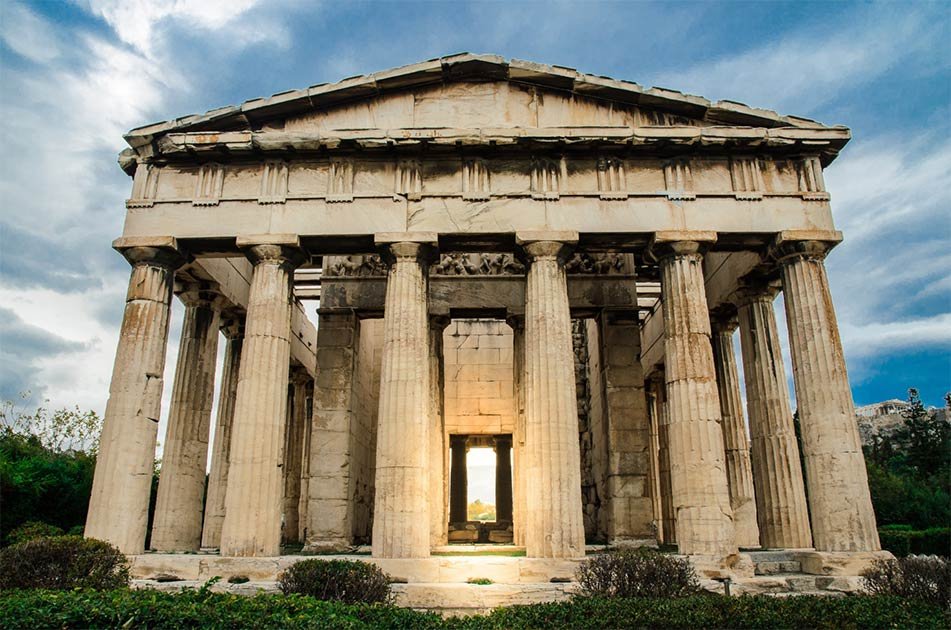
The Ancient Agora served as the heart of Athenian democracy, where citizens gathered to discuss politics and philosophy. Walking through its ruins, one can almost hear the echoes of Socrates debating ethical dilemmas. Educational programs here focus on the development of democracy and the impact of Greek philosophical thought.
Delphi: The Oracle’s Sanctuary
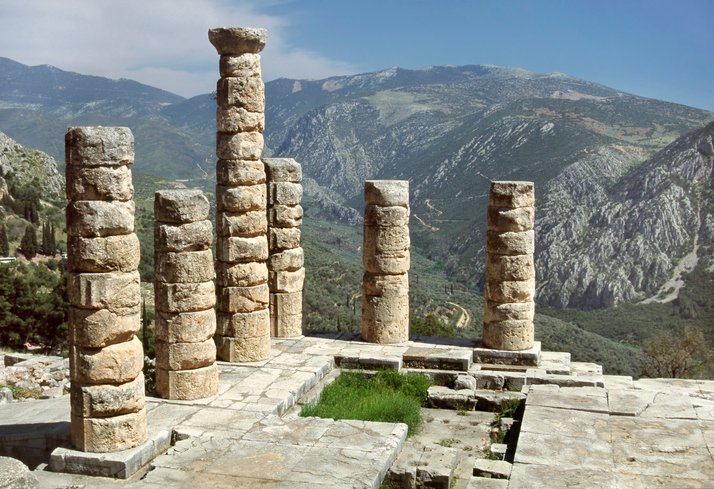
According to Greek mythology, Delphi was the centre of the world. Travelling from all around Greece, pilgrims sought advice from the Oracle. The Temple of Apollo, the historic stadium, and the Archaeological Museum of Delphi, which has amazing artefacts that provide insight into ancient Greek politics and religion, are open for exploration by tourists today.
Olympia: The Home of the Olympic Games
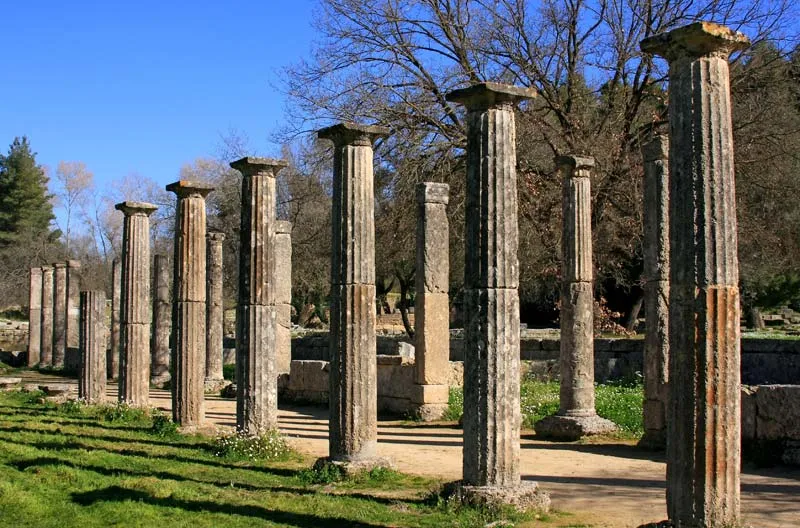
Olympia is where the Olympic Games were born in 776 BCE. Walking through the remains of the ancient stadium and gymnasium offers a fascinating look at the training of ancient athletes. Visitors can also participate in interactive workshops that recreate Olympic competitions.
Meteora: The Monasteries in the Sky
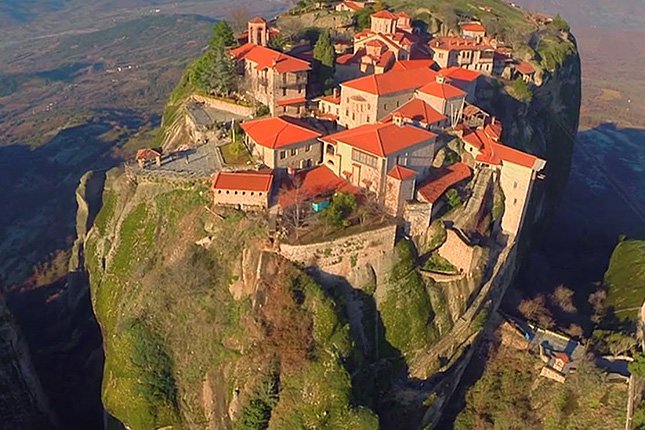
Meteora is a stunning UNESCO World Heritage site where monasteries sit atop towering rock pillars. The site offers lessons in religious history, geology, and architectural ingenuity. Students and travelers alike can learn about monastic life and the importance of faith in Byzantine Greece.
Knossos Palace: The Minoan Civilization
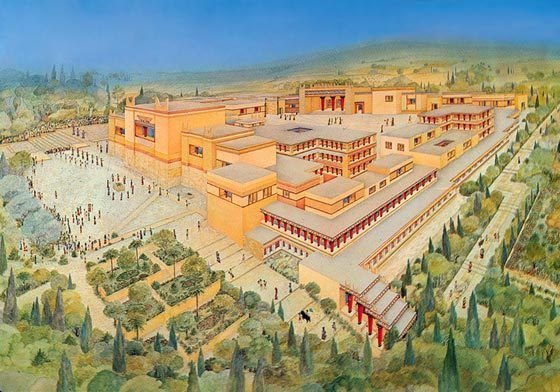
Knossos is Europe’s oldest city and home to the legend of the Minotaur. The palace features elaborate frescoes, complex architectural designs, and advanced drainage systems, revealing the sophistication of the Minoan civilization.
Epidaurus: The Theater and Healing Center
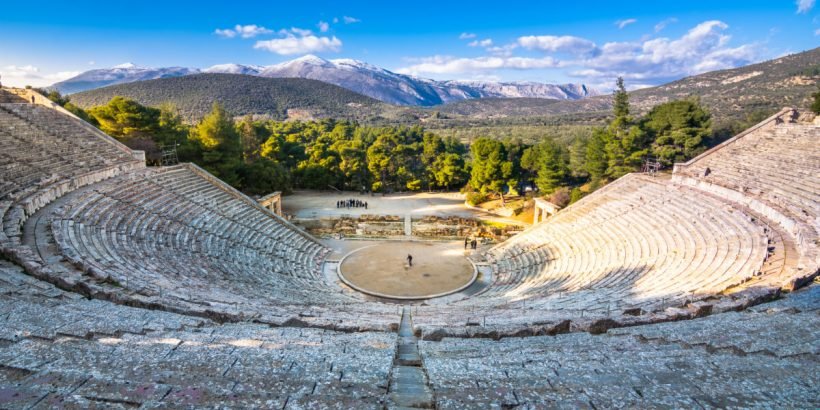
Epidaurus is famous for its ancient theater with near-perfect acoustics. The Asklepion healing sanctuary, dedicated to the god of medicine, offers insights into early Greek medical practices.
Mycenae: The Kingdom of Agamemnon
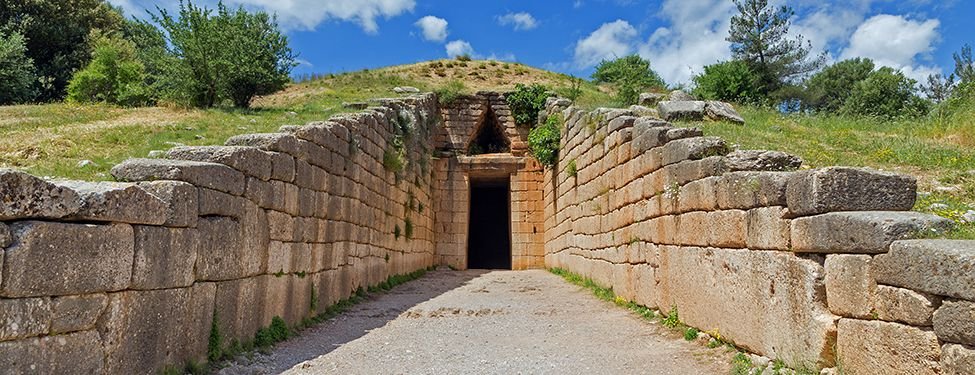
Mycenae, with its imposing Lion’s Gate and Cyclopean walls, transports visitors to the time of Homeric legends. The site includes the royal tombs, where the famous golden Mask of Agamemnon was discovered.
Rhodes: The Island of the Colossus
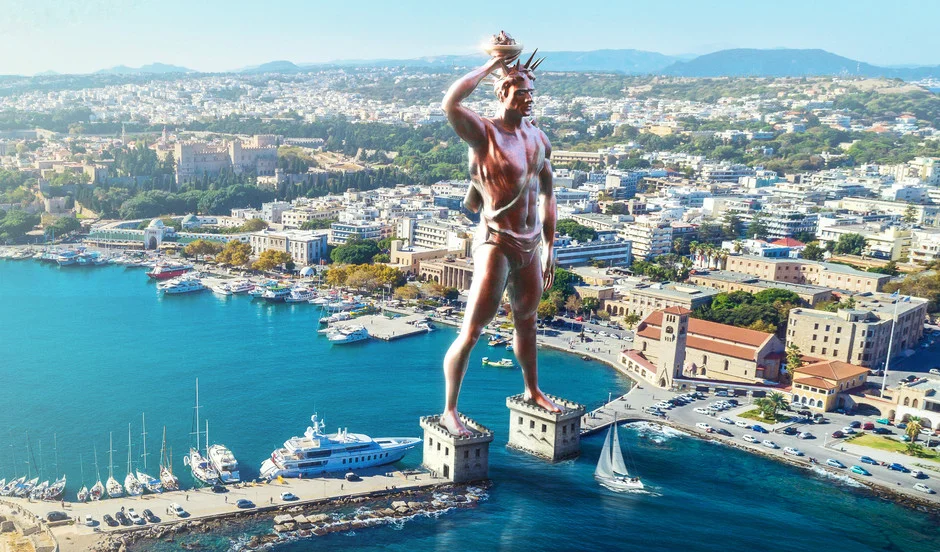
Rhodes boasts a well-preserved medieval Old Town built by the Knights of St. John. The imposing fortress and street of the knights provide a glimpse into the medieval period of Greek history.
Corinth: The Crossroad of Civilizations

Ancient Corinth was a powerful city-state and trade hub. The Temple of Apollo and the Corinth Canal demonstrate the city’s blend of religious and engineering marvels.
Dion: The Sacred City of Zeus
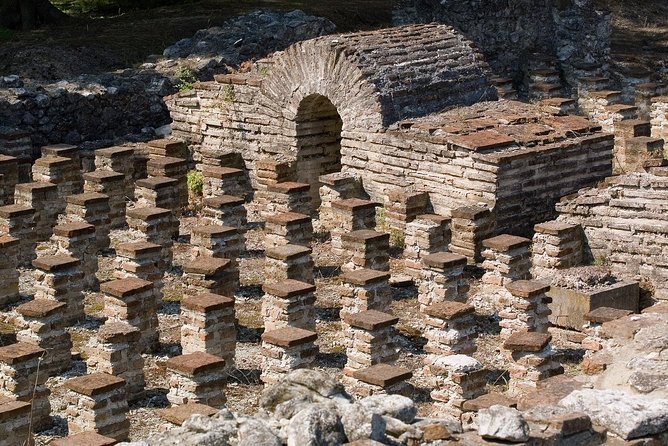
Dion, at the foot of Mount Olympus, was a religious center dedicated to Zeus. The archaeological site and museum display fascinating relics connected to Alexander the Great.
Delos: The Birthplace of Apollo and Artemis
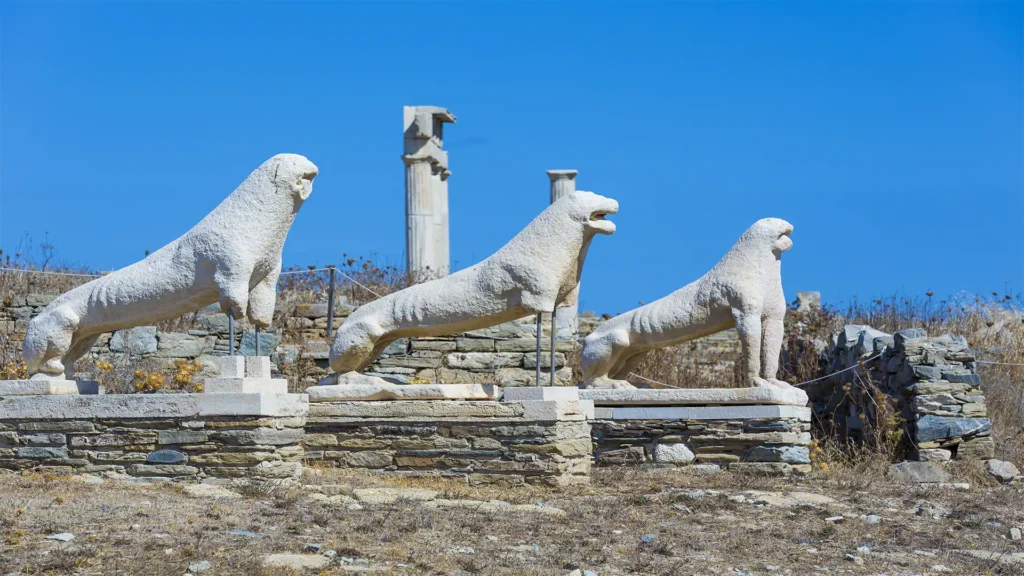
This island, once a major religious and trade center, is now an open-air museum featuring the famous Terrace of the Lions and stunning Cycladic architecture.
Nafplio: The First Capital of Modern Greece
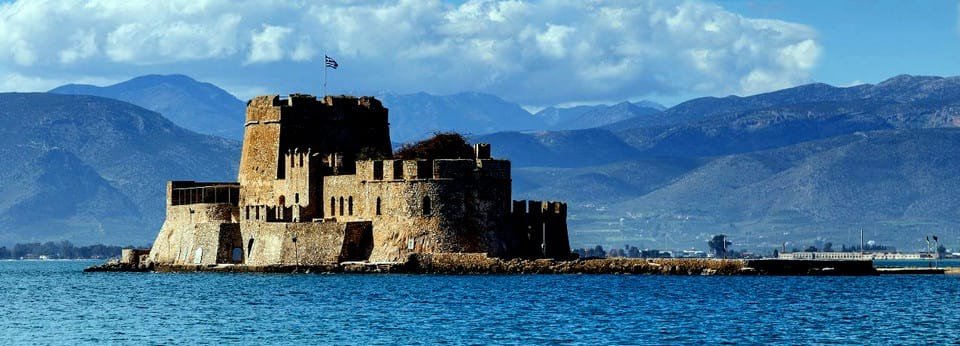
Nafplio blends Venetian, Ottoman, and Greek influences, making it a perfect historical learning destination. The Palamidi Fortress and Bourtzi Castle offer panoramic views and stories of past battles.
Also Visit:
Ultimate Guide to Solo Travel Destinations in South America
Top 10 Solo Travel Destinations in South America for Adventurers
Navigating Southeast Asia: Budget Travel Tips for First-Time Travelers
Experience Luxury on a Budget Travel Tips for Southeast Asia
Budget Travel Tips for Southeast Asia: Navigating Public Transport
Conclusion
Greece is a living classroom, offering history lovers and students a chance to walk in the footsteps of ancient scholars, warriors, and philosophers. By visiting these sites, travelers can connect with history in a way that no textbook can provide.




